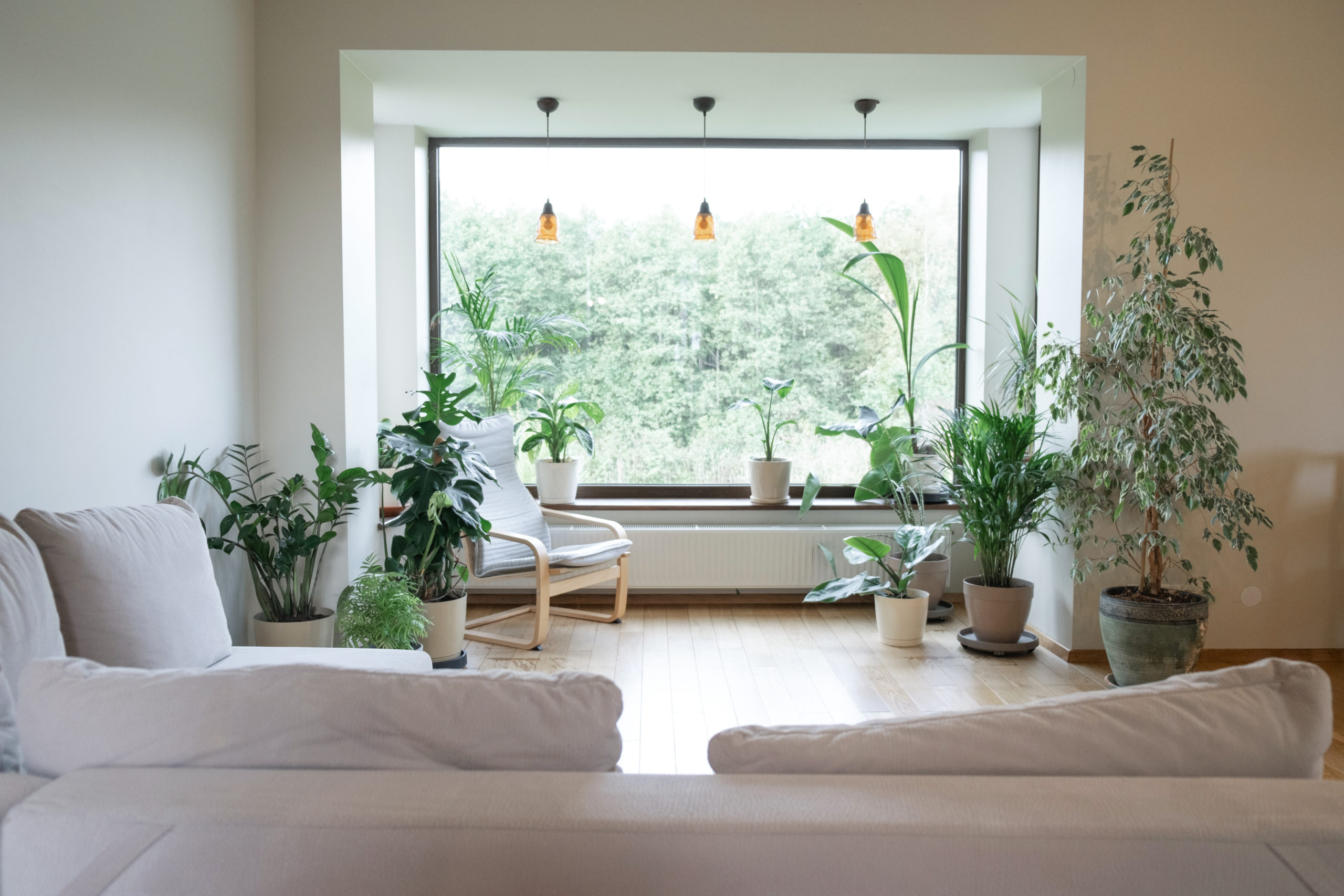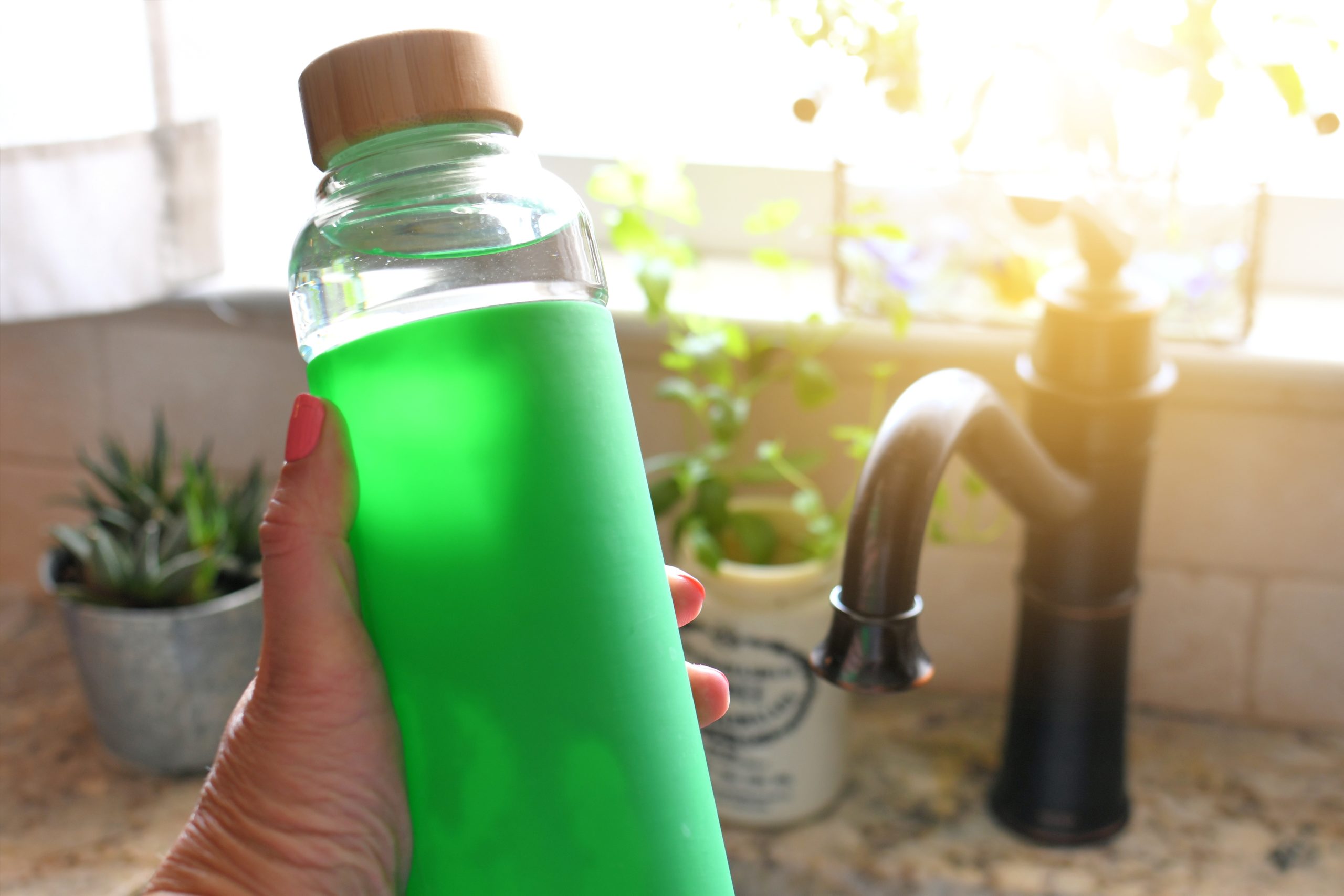In our modern world, it’s crucial to adopt eco-friendly practices to protect the environment and reduce our carbon footprint. It’s especially important in densely populated countries like Singapore, where resources such as water and energy are limited and must be utilised wisely. By incorporating sustainable practices in our everyday lives, we can not only conserve those precious resources but also lower our utility bills. Here are some tips on how to save the earth and your money:
Embrace Natural Light
One of the simplest ways to save electricity is by making use of natural light instead of artificial light during the daytime. Open your curtains and blinds to let sunlight brighten your space and create a warm and welcoming atmosphere. If it’s too hot, you could get a sheer curtain that allows natural light in but leaves heat out.
Switch to LED Light Bulbs
An eco-friendly alternative to artificial light is LED lights. Compared to traditional bulbs, LED bulbs have a longer lifespan, consume less electricity, and emit less heat. Additionally, they can be customised to any colour you want.
Make it a habit to turn off the lights whenever you leave a room. Consider installing motion sensors or timers to automatically switch off lights in areas that are frequently unoccupied.
Upgrade Your Windows
Inefficient windows can contribute to significant energy loss in your home by allowing cool air to escape. Consider upgrading your windows or putting a heat-reflective film on the exterior to keep heat from getting inside.
Install Energy-Efficient Appliances
Look for electrical appliances with an energy label, which indicates that the appliance meets strict energy efficiency standards set by the government. This means that the appliances have lower energy consumption without sacrificing performance. While they may have a slightly higher upfront cost, they will save you money in the long run by significantly reducing your electricity bills and will help you save the earth.
Optimise Your Water Usage
Singapore is known for its water scarcity, making water conservation a top priority. Reduce water consumption in your home, by installing low-flow showerheads and faucets which use less water. Additionally, fix any leaks in your plumbing system as soon as possible to prevent precious water from going to waste and more importantly, to avoid irreversible water damage.
Collecting rainwater in a barrel can also be used for watering plants and cleaning, reducing the need for tap water. Additionally, be mindful of your water usage by turning off the tap while brushing your teeth or washing dishes.
Use Natural Cleaning Products
Many conventional cleaning products contain harmful chemicals that are bad for the environment and for your health. Switch to eco-friendly and non-toxic cleaning products that are cost-effective and made from natural ingredients.
Vinegar is a great all-purpose cleaner that can be used to disinfect surfaces, remove stains, and eliminate odours. Baking soda is effective for scrubbing and deodorising, and lemon juice acts as a natural bleach and degreaser.
Minimise the use of disposable paper towels and give your old clothes a second life by using them as rags to clean up spills. You could also cut up your old towels into smaller pieces to use as a rag.
Reduce Food Waste
Organic waste has more environmental impact than you may think. It wastes all the energy and water it takes to grow, harvest, transport, and package it. Rotten food creates methane, which is more potent than carbon dioxide, and creates greenhouse gases that trap the sun’s heat and contribute to climate change.
Minimise food waste by planning your meals and shopping with a list to avoid buying more than you need. Never go shopping while hungry, because you may be tempted to buy whatever you’re craving. Store your food properly in reusable containers to extend its freshness and avoid spoilage. Get creative with your leftovers.
If you’re ordering food, make sure the takeaway container is not single-use plastic. A lot of places use cheap plastic containers that turn into plastic waste and will end up in landfills or in the ocean, harming marine life.
Ditch Single-Use Plastic Bottles
While buying plastic water bottles may seem quick and convenient, it’s much better and cheaper in the long run to opt for the eco-friendly option. Invest in a filter you can attach to your tap at home and purchase a reusable water bottle that keeps your water nice and cool.
Step Towards Sustainability
By implementing these eco-friendly ways in your home, you can play a part in saving the Earth and your money. Make smart choices by opting for the sustainable alternative over convenience. Every small action makes a difference, and together, we can create a greener and more sustainable future.




